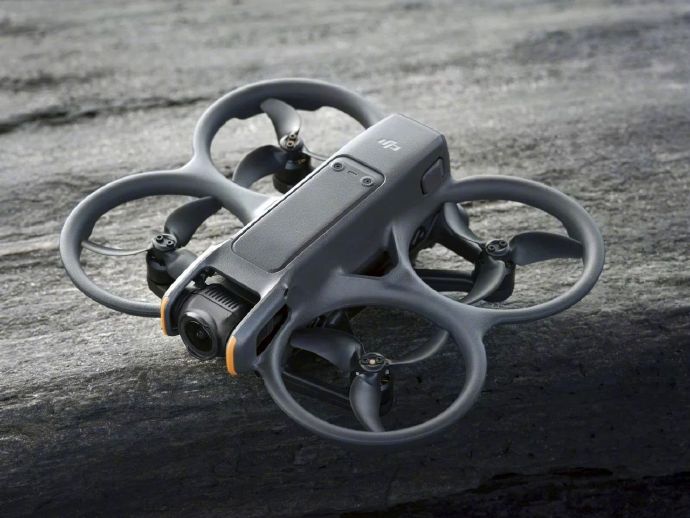The advent of drones over the United States has ushered in a transformational era characterized by innovation, challenges, and profound implications for various sectors. As we delve into the multifaceted impact and prospects, the increasing ubiquity of drones cannot be understated and requires a deep understanding of their role in modern society.

Understanding Drone Technology
Drones, or unmanned aerial vehicles (UAVs), have evolved significantly since their inception, becoming indispensable tools in numerous fields. Their abilities span from aerial photography and surveillance to agricultural monitoring, with capabilities expanding as technology advances. Key advancements include improved battery lives allowing longer flight times, systems that enhance stability and precision, and software that enables sophisticated data collection and analysis.
The Economic Impact of Drones
The economic footprint of drones in the United States captures attention with projections indicating substantial growth in market value. Industries such as real estate, agriculture, and entertainment capitalize on drone technology to enhance productivity, improve customer experiences, and reduce costs. Drone-related services contribute billions to the national economy, reflecting a shift in operational methodologies across sectors.
Drones in Agriculture
In agriculture, drones are revolutionizing crop management and precision farming. By utilizing drones equipped with multispectral sensors, farmers can monitor crop health, optimize irrigation, and detect pest infestations early. This data-driven approach allows for more sustainable practices, maximizing yield while minimizing resources. Indeed, drones are becoming critical allies in achieving agricultural efficiency.
Challenges and Regulations
Despite the manifold benefits, drones pose regulatory challenges that require navigable solutions. The Federal Aviation Administration (FAA) governs drone operations, setting standards to ensure safety and privacy. Navigating these regulations can be complex, particularly for commercial drone operators who seek to expand their operations legally. Issues of privacy and airspace management continue to spark debates that demand forward-thinking policies.
The Future Prospects
Looking ahead, the potential for drones is virtually limitless. Emerging technologies, such as artificial intelligence integration, promise to further refine drone capabilities and operational efficiencies. Future applications may include expanded delivery services, infrastructure inspection, and disaster response. Innovation is poised to drive the drone industry towards new horizons, establishing drones as pivotal components in smart city frameworks.
Military Use of Drones
The military has long exploited drones for reconnaissance and targeted operations. The continued development of more advanced models suggests drones will play an increasingly significant role in defense strategies. Their capacity to gather intelligence and operate in hostile environments presents strategic advantages that shape modern warfare tactics.
FAQs About Drones
What are the privacy concerns related to drone usage?
Concerns center around the ability of drones to capture data without consent, potentially infringing on individuals’ privacy rights. Regulatory bodies work to establish guidelines that balance technological advancement with privacy protection.
How can drones benefit the real estate industry?
Drones offer unparalleled aerial views and accurate surveys for real estate, providing potential buyers with unique perspectives and realtors with tools to present properties effectively.
Are there any environmental impacts associated with drones?
While drones promote efficiency in various sectors, their environmental impact includes concerns about noise pollution and potential wildlife disturbances. Efforts are underway to mitigate these effects through design improvements and operational guidelines.